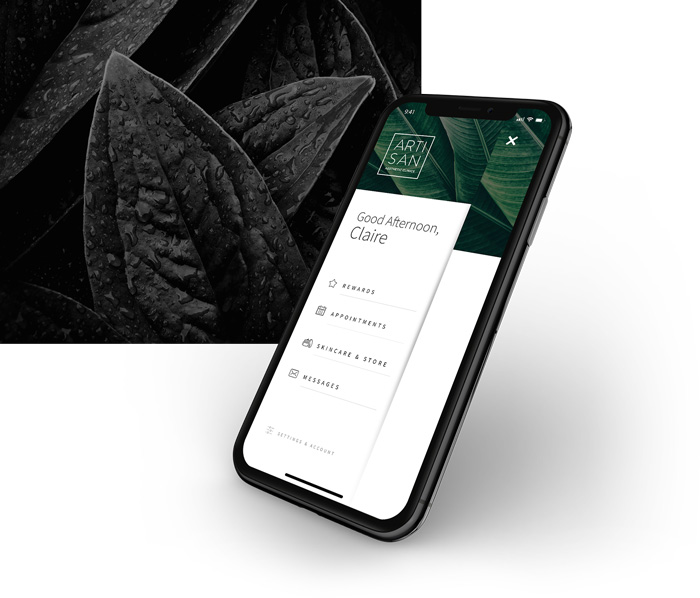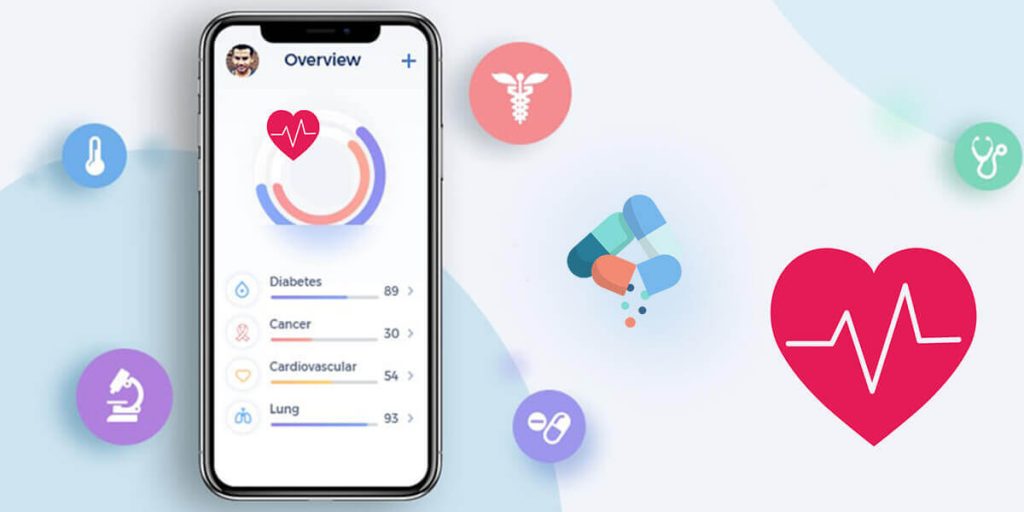How a Mobile App for Clinics Improves Interaction Between Doctors and Patients
How a Mobile App for Clinics Improves Interaction Between Doctors and Patients
Blog Article
The Future of Healthcare: Why Clinics Need a Mobile Application Today
As the health care landscape proceeds to progress, clinics deal with placing stress to adjust to person assumptions for greater ease and access. The assimilation of mobile applications can serve as a vital strategy for boosting individual engagement and streamlining procedures.
Changing Patient Expectations
As the landscape of medical care advances, individual expectations are going through a substantial change. Today's patients are progressively seeking benefit, availability, and customized treatment.
Furthermore, people are becoming a lot more educated and encouraged, typically researching therapies and conditions on-line prior to assessments. This increased recognition is coupled with a demand for transparency in health care procedures, consisting of expense estimates and therapy options. As an outcome, service providers are urged to adjust by embracing electronic devices that enhance the patient experience.
The expectation for efficient and timely interaction has never ever been greater, with numerous individuals thinking about responsiveness an essential element of quality care. mobile app for clinics. In this developing landscape, healthcare organizations must recognize these transforming assumptions and take advantage of mobile applications to foster an extra patient-centric method, making certain that they not just fulfill however exceed the requirements set by today's educated customers
Enhancing Individual Interaction

Mobile applications facilitate communication in between people and healthcare carriers, enabling real-time appointment organizing, suggestions for medication adherence, and direct messaging functions. These capabilities not just boost convenience but likewise develop a sense of liability amongst people. Mobile applications can supply instructional web content customized to specific demands, assisting clients better recognize their conditions and treatment options.
The assimilation of gamification aspects within healthcare applications can likewise encourage individuals to engage in healthy and balanced behaviors, strengthening favorable lifestyle modifications. Ultimately, improving patient involvement through mobile applications leads to improved health and wellness outcomes, higher patient satisfaction, and an extra joint healthcare experience.
Improving Facility Operations
Improving clinic procedures is vital for enhancing operations performance and enhancing individual care. The application of mobile applications can considerably lower administrative worries, enabling doctor to focus more on client communications. By automating consultation scheduling, client check-ins, and invoicing processes, clinics can lessen wait times and boost overall operational efficiency.
Mobile apps also facilitate real-time access to client records, allowing medical care specialists to make enlightened decisions quickly. This immediacy not only improves try this site the high quality of care but also reduces the likelihood of mistakes linked with lost or outdated information. Leveraging mobile innovation supports a more organized method to managing person follow-ups and therapy strategies, making sure that no important steps are overlooked.
This allows for prompt replenishment and aids prevent disturbances in client treatment due to stock scarcities. By integrating these capabilities into their day-to-day procedures, facilities can produce an extra efficient and natural setting, ultimately about his leading to boosted person results and contentment.
Improving Interaction Networks
Reliable communication is frequently mentioned as a foundation of top quality healthcare distribution. In today's busy clinical environment, mobile applications can considerably improve interaction networks between centers, individuals, and doctor. By integrating mobile apps right into their operations, clinics can promote real-time communications, ensuring that patients receive timely information concerning their consultations, examination outcomes, and therapy strategies.
Mobile applications additionally empower patients to communicate straight with their healthcare groups with protected messaging features. This direct line of interaction cultivates a feeling of interaction and enables for instant explanation of problems, which can cause much better adherence to treatment protocols. Furthermore, push alerts can remind people of upcoming consultations or drug timetables, reducing no-show prices and boosting general health and wellness results.

Staying Affordable in Health Care
In a swiftly progressing health care landscape, companies must focus on innovation and versatility to maintain a competitive side. The assimilation of mobile applications into health care solutions is no much longer optional; it is necessary for facilities intending to boost patient engagement, improve operations, and enhance total solution delivery.
As clients increasingly depend on digital platforms for health and wellness administration, centers that fall short to take on mobile technology risk falling back. A properly designed mobile app can offer attributes such as appointment scheduling, telemedicine assessments, and accessibility to clinical documents, supplying patients with convenience and promoting loyalty.

Competitors are also buying mobile services, so remaining ahead calls for constant renovation and staying educated regarding technical improvements. Clinics need to not only carry out mobile applications but likewise take part in routine updates and improvements. Ultimately, the effective combination of mobile technology will certainly distinguish forward-thinking health care companies and set the criteria for patient-centric treatment in a digital globe.
Conclusion
In final thought, the integration of mobile applications in centers is essential to address the progressing landscape of discover here patient expectations. By improving patient interaction, simplifying operations, and enhancing interaction networks, facilities can considerably improve wellness end results. Additionally, the adoption of mobile modern technology positions clinics to continue to be competitive in a progressively electronic medical care setting. Inevitably, the strategic implementation of mobile apps represents a vital action towards supplying easily accessible and tailored healthcare, thus satisfying the needs of today's empowered clients.
Inevitably, improving client engagement via mobile applications leads to enhanced health outcomes, better client complete satisfaction, and a more joint health care experience.Mobile apps additionally assist in real-time access to person documents, enabling medical care professionals to make educated decisions promptly. In today's fast-paced clinical atmosphere, mobile applications can significantly improve communication networks in between centers, clients, and health care companies.Mobile apps additionally empower patients to interact directly with their medical care groups through safe and secure messaging functions. Eventually, the critical implementation of mobile applications stands for a critical step toward providing personalized and available health care, thus satisfying the requirements of today's encouraged patients.
Report this page